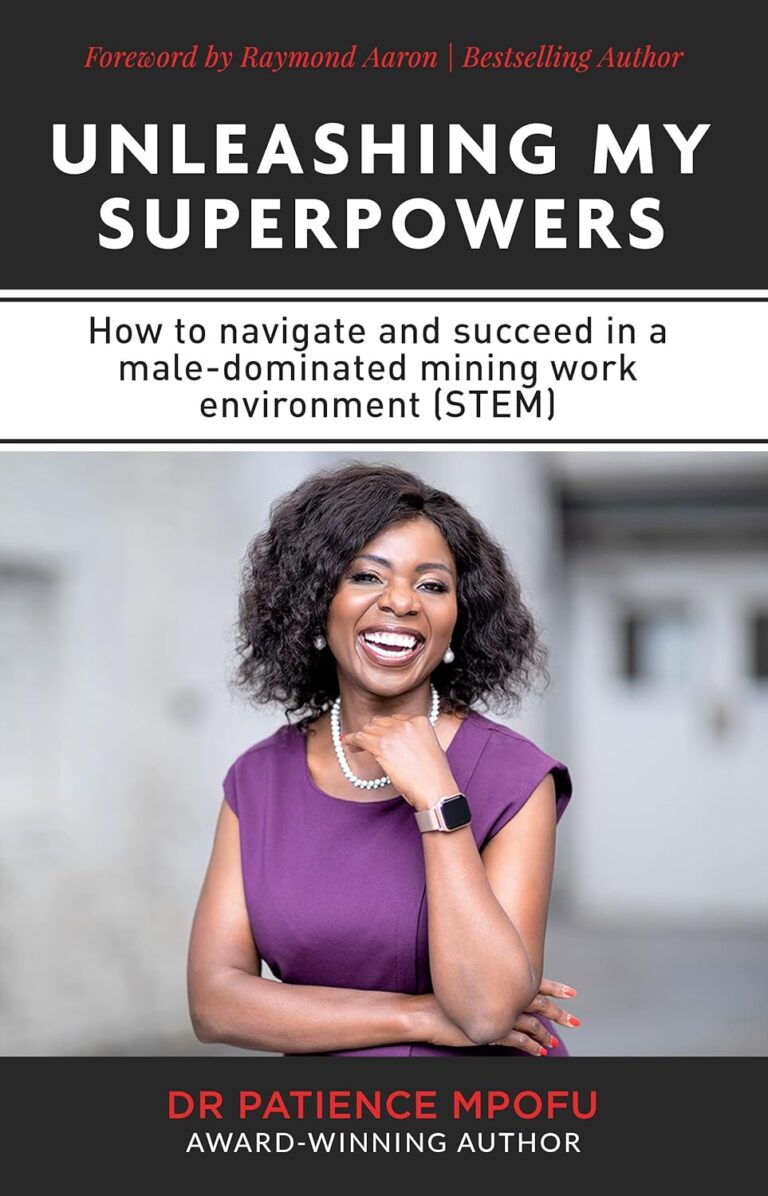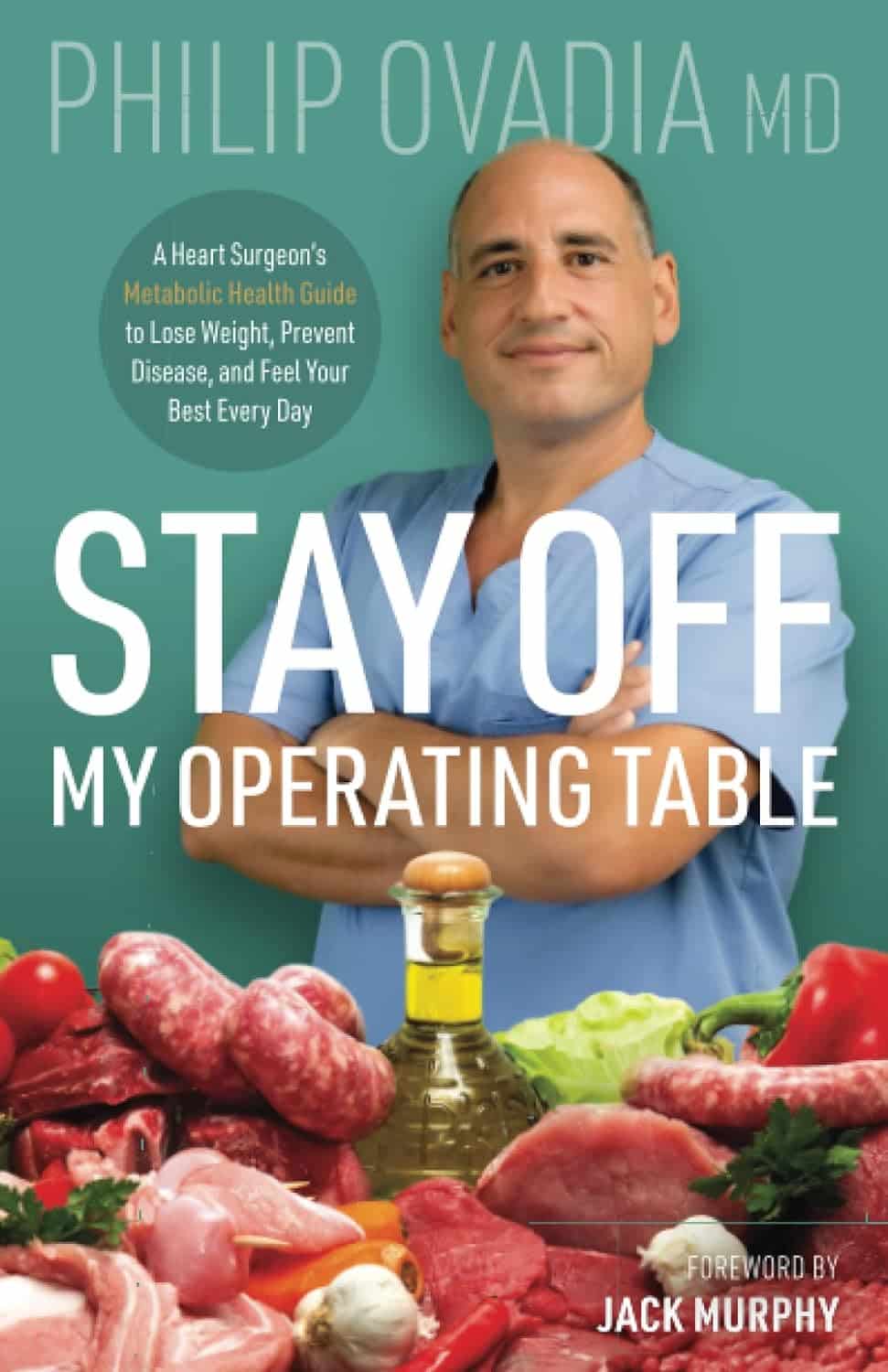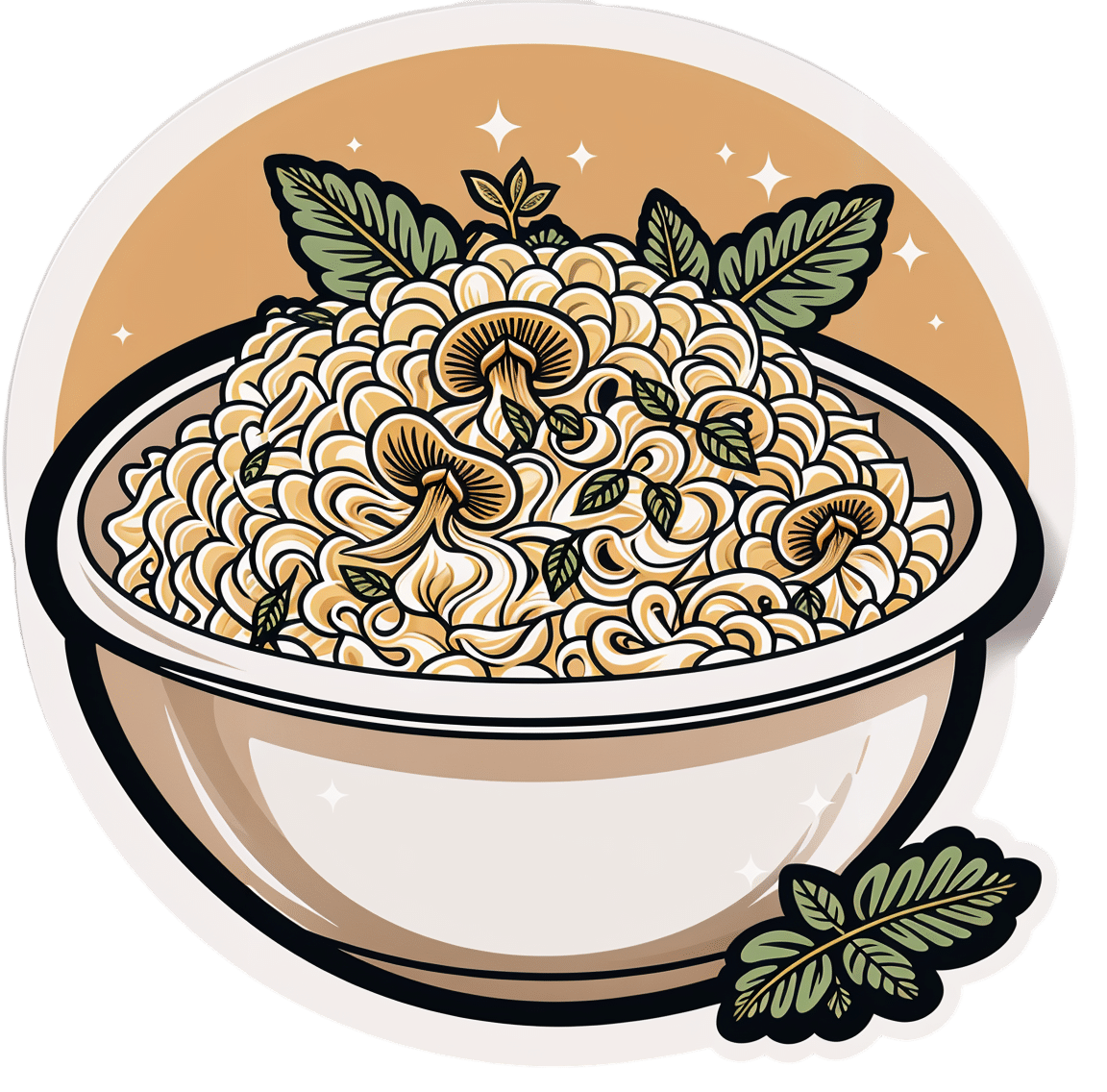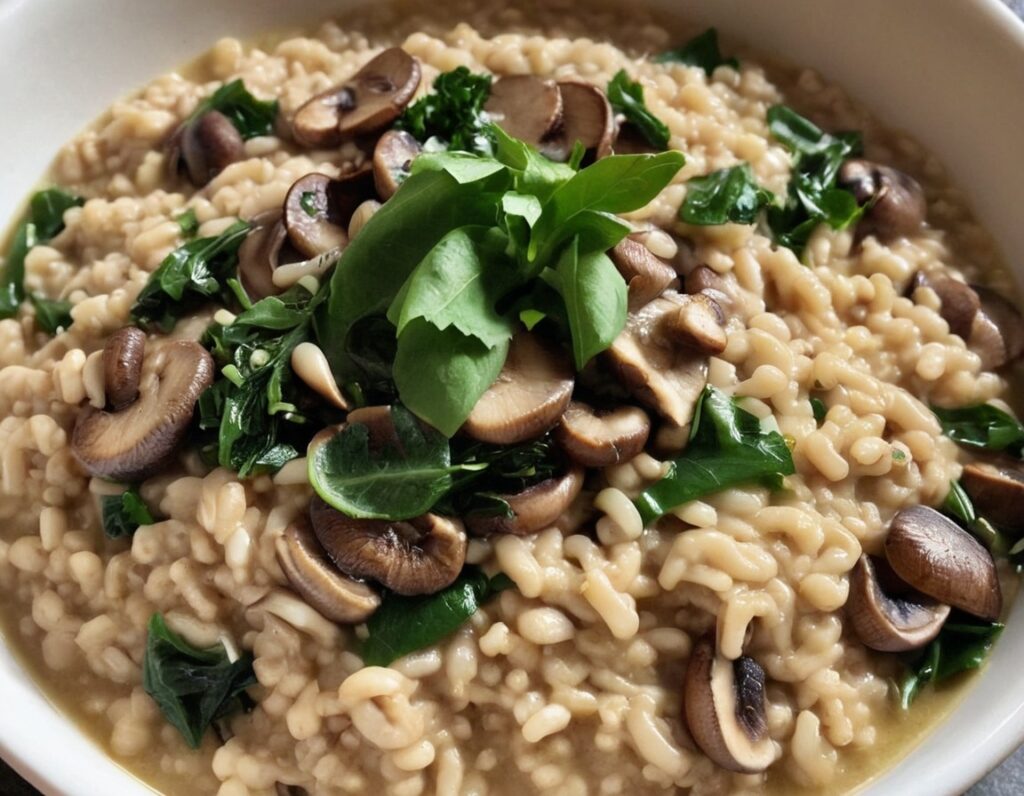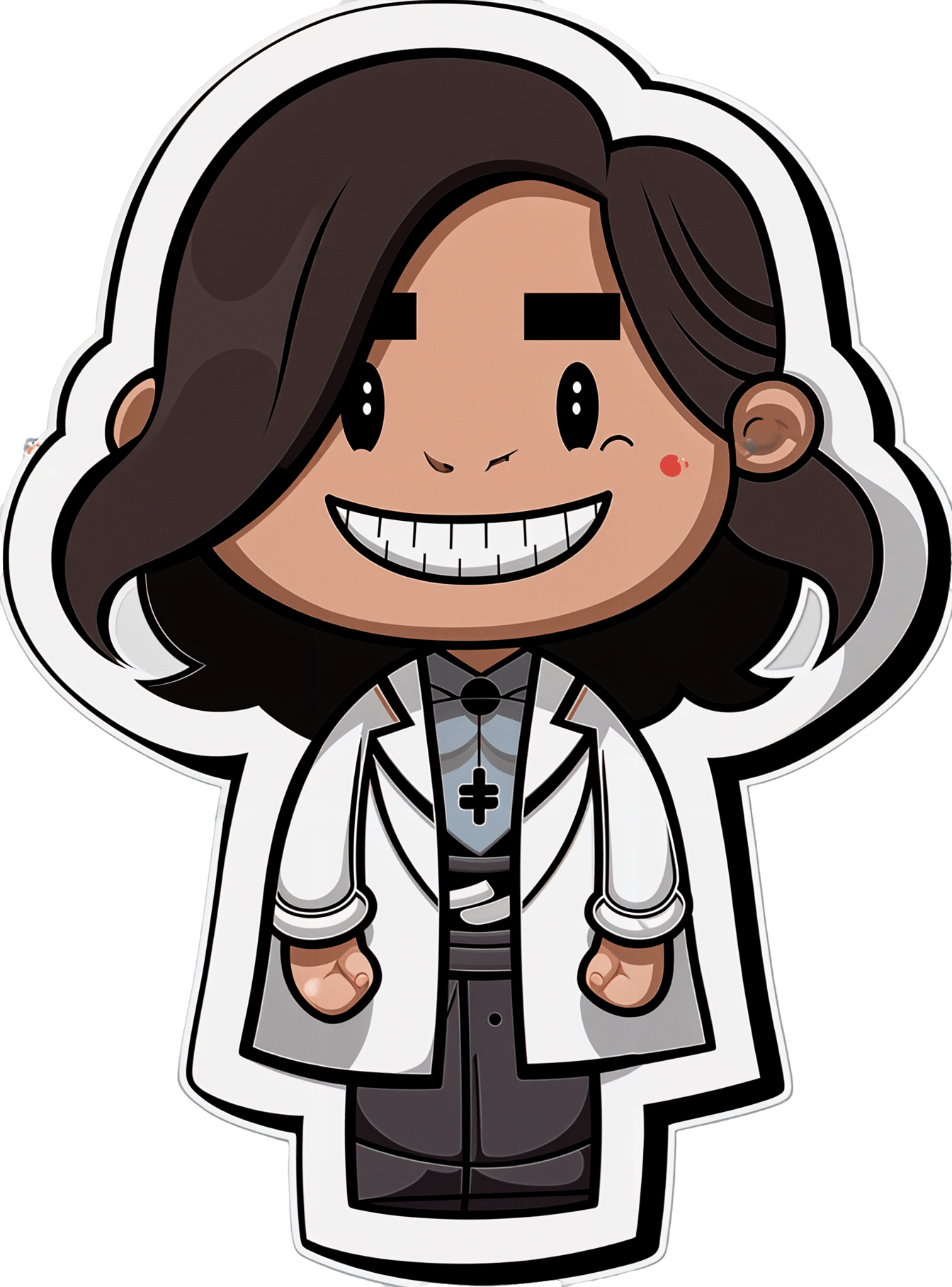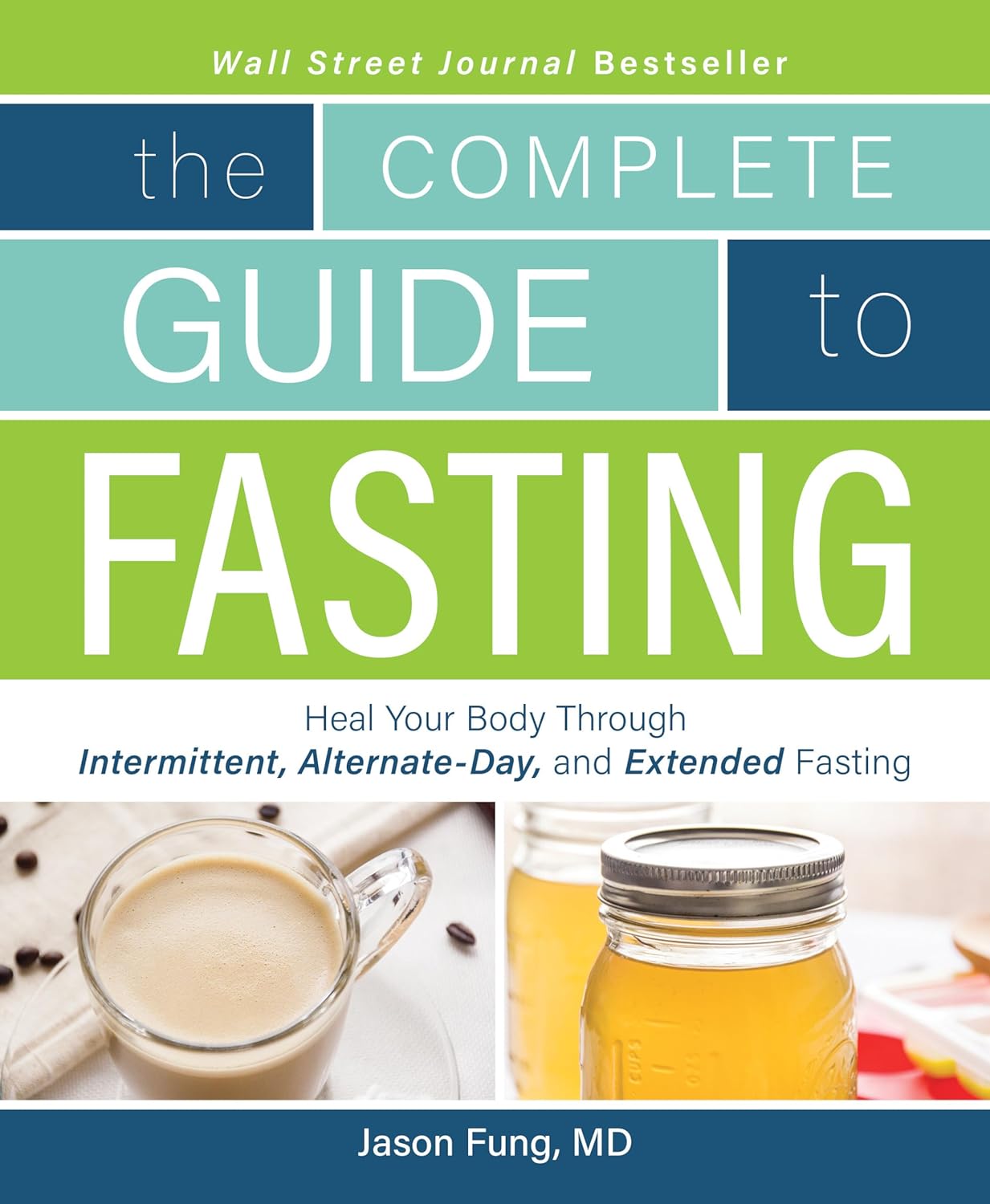
Complete Guide To Fasting – By Dr. Jason Fung
10almonds is reader-supported. We may, at no cost to you, receive a portion of sales if you purchase a product through a link in this article.
When it comes to intermittent fasting, the plethora of options can be daunting at first, as can such questions as what fluids are ok to take vs what will break the fast, what to expect in terms of your first fasting experience, and how not to accidentally self-sabotage.
Practised well, intermittent fasting can be a very freeing experience, and not at all uncomfortable. Practised badly, it can be absolutely miserable, and this is one of those things where knowledge makes the difference.
Dr. Fung (yes, the same Dr. Fung we’ve featured before as an expert on metabolic health) shares this knowledge over the course of 304 pages, with lots of scientific information and insider tips. He covers the different kinds of fasting, how each of them work and what they do for the body and brain, hunger/satiety hacks, lots of “frequently asked questions”, and even a range of recipes to help smooth your journey along its way.
The style is very well-written pop-science; it’s engaging and straightforward without skimping on science at all.
Bottom line: if you’re thinking of trying intermittent fasting but aren’t sure where/how to best get started, this book can set you off on the right foot and keep you on the right track thereafter.
Click here to check out The Complete Guide to Fasting, and enjoy the process as well as the results!
Don’t Forget…
Did you arrive here from our newsletter? Don’t forget to return to the email to continue learning!
Recommended
Learn to Age Gracefully
Join the 98k+ American women taking control of their health & aging with our 100% free (and fun!) daily emails:
-
Ageless Athletes – by Dr. Jim Madden
10almonds is reader-supported. We may, at no cost to you, receive a portion of sales if you purchase a product through a link in this article.
This is an approach to strength and fitness training specifically for the 50+ crowd, and/but even more specifically for the 50+ crowd who do not wish to settle for mediocrity. In short, it’s for those who not only wish to stay healthy and have good mobility, but also who wish to be and remain athletic.
It does not assume extant athleticism, but nor does it assume complete inexperience. It provides a fairly ground-upwards entry to a training program that then quickly proceeds to competitive levels of athleticism.
The author himself details his own journey from being in his 30s, overweight and unfit, to being in his 50s and very athletic, with before and after photos. Granted, those are 20 years in between, but all the same, it’s a good sign when someone gets stronger and fitter with age, rather than declining.
The style of the book is quite casual, and/but after the introductory background and pep talk, is quite pragmatic and drops the additional fluff. In particular, older readers may enjoy the “Old Workhorse” protocol, as a tailored measured progression system.
In terms of expected equipment by the way, some is bodyweight and some is with weights; kettlebells in particular feature strongly, since this is about functional strength and not bodybuilding.
In the category of criticism, he does refer to his other books and generally assumes the reader is reading all his work, so it may not be for everyone as a standalone book.
Bottom line: if you’re 50+ and are wondering how to gain/maintain a high level athleticism, this book can definitely help with that.
Click here to check out Ageless Athlete, and go from strength to strength!
Share This Post
-
Nicotine pouches are being marketed to young people on social media. But are they safe, or even legal?
10almonds is reader-supported. We may, at no cost to you, receive a portion of sales if you purchase a product through a link in this article.
Flavoured nicotine pouches are being promoted to young people on social media platforms such as TikTok and Instagram.
Although some viral videos have been taken down following a series of reports in The Guardian, clips featuring Australian influencers have claimed nicotine pouches are a safe and effective way to quit vaping. A number of the videos have included links to websites selling these products.
With the rapid rise in youth vaping and the subsequent implementation of several reforms to restrict access to vaping products, it’s not entirely surprising the tobacco industry is introducing more products to maintain its future revenue stream.
The major trans-national tobacco companies, including Philip Morris International and British American Tobacco, all manufacture nicotine pouches. British American Tobacco’s brand of nicotine pouches, Velo, is a leading sponsor of the McLaren Formula 1 team.
But what are nicotine pouches, and are they even legal in Australia?
Like snus, but different
Nicotine pouches are available in many countries around the world, and their sales are increasing rapidly, especially among young people.
Nicotine pouches look a bit like small tea bags and are placed between the lip and gum. They’re typically sold in small, colourful tins of about 15 to 20 pouches. While the pouches don’t contain tobacco, they do contain nicotine that is either extracted from tobacco plants or made synthetically. The pouches come in a wide range of strengths.
As well as nicotine, the pouches commonly contain plant fibres (in place of tobacco, plant fibres serve as a filler and give the pouches shape), sweeteners and flavours. Just like for vaping products, there’s a vast array of pouch flavours available including different varieties of fruit, confectionery, spices and drinks.
The range of appealing flavours, as well as the fact they can be used discreetly, may make nicotine pouches particularity attractive to young people.
Vaping has recently been subject to tighter regulation in Australia.
Aleksandr Yu/ShutterstockUsers absorb the nicotine in their mouths and simply replace the pouch when all the nicotine has been absorbed. Tobacco-free nicotine pouches are a relatively recent product, but similar style products that do contain tobacco, known as snus, have been popular in Scandinavian countries, particularly Sweden, for decades.
Snus and nicotine pouches are however different products. And given snus contains tobacco and nicotine pouches don’t, the products are subject to quite different regulations in Australia.
What does the law say?
Pouches that contain tobacco, like snus, have been banned in Australia since 1991, as part of a consumer product ban on all forms of smokeless tobacco products. This means other smokeless tobacco products such as chewing tobacco, snuff, and dissolvable tobacco sticks or tablets, are also banned from sale in Australia.
Tobacco-free nicotine pouches cannot legally be sold by general retailers, like tobacconists and convenience stores, in Australia either. But the reasons for this are more complex.
In Australia, under the Poisons Standard, nicotine is a prescription-only medicine, with two exceptions. Nicotine can be used in tobacco prepared and packed for smoking, such as cigarettes, roll-your-own tobacco, and cigars, as well as in preparations for therapeutic use as a smoking cessation aid, such as nicotine patches, gum, mouth spray and lozenges.
If a nicotine-containing product does not meet either of these two exceptions, it cannot be legally sold by general retailers. No nicotine pouches have currently been approved by the Therapeutic Goods Administration as a therapeutic aid in smoking cessation, so in short they’re not legal to sell in Australia.
However, nicotine pouches can be legally imported for personal use only if users have a prescription from a medical professional who can assess if the product is appropriate for individual use.
We only have anecdotal reports of nicotine pouch use, not hard data, as these products are very new in Australia. But we do know authorities are increasingly seizing these products from retailers. It’s highly unlikely any young people using nicotine pouches are accessing them through legal channels.
Health concerns
Nicotine exposure may induce effects including dizziness, headache, nausea and abdominal cramps, especially among people who don’t normally smoke or vape.
Although we don’t yet have much evidence on the long term health effects of nicotine pouches, we know nicotine is addictive and harmful to health. For example, it can cause problems in the cardiovascular system (such as heart arrhythmia), particularly at high doses. It may also have negative effects on adolescent brain development.
The nicotine contents of some of the nicotine pouches on the market is alarmingly high. Certain brands offer pouches containing more than 10mg of nicotine, which is similar to a cigarette. According to a World Health Organization (WHO) report, pouches deliver enough nicotine to induce and sustain nicotine addiction.
Pouches are also being marketed as a product to use when it’s not possible to vape or smoke, such as on a plane. So instead of helping a person quit they may be used in addition to smoking and vaping. And importantly, there’s no clear evidence pouches are an effective smoking or vaping cessation aid.
A Velo product display at Dubai airport in October 2022. Nicotine pouches are marketed as safe to use on planes.
Becky FreemanFurther, some nicotine pouches, despite being tobacco-free, still contain tobacco-specific nitrosamines. These compounds can damage DNA, and with long term exposure, can cause cancer.
Overall, there’s limited data on the harms of nicotine pouches because they’ve been on the market for only a short time. But the WHO recommends a cautious approach given their similarities to smokeless tobacco products.
For anyone wanting advice and support to quit smoking or vaping, it’s best to talk to your doctor or pharmacist, or access trusted sources such as Quitline or the iCanQuit website.
Becky Freeman, Associate Professor, School of Public Health, University of Sydney
This article is republished from The Conversation under a Creative Commons license. Read the original article.
Share This Post
-
Stay off My Operating Table – by Dr. Philip Ovadia
10almonds is reader-supported. We may, at no cost to you, receive a portion of sales if you purchase a product through a link in this article.
With heart disease as the #1 killer worldwide, and 88% of adults being metabolically unhealthy (leading cause of heart disease), this is serious!
Rather than taking a “quick fix” advise-and-go approach, Dr. Ovadia puts the knowledge and tools in our hands to do better in the long term.
As a heart surgeon himself, his motto here is:
❝What foods to put on your table so you don’t end up on mine❞
There’s a lot more to this book than the simple “eat the Mediterranean diet”:
- While the Mediterranean diet is generally considered the top choice for heart health, he also advises on how to eat healthily on all manner of diets… Carnivore, Keto, Paleo, Atkins, Gluten-Free, Vegan, you-name-it.
- A lot of the book is given to clearing up common misconceptions, things that sounded plausible but are just plain dangerous. This information alone is worth the price of the book, we think.
- There’s also a section given over to explaining the markers of metabolic health, so you can monitor yourself effectively
- Rather than one-size-fits-all, he also talks about common health conditions and medications that may change what you need to be doing
- He also offers advice about navigating the health system to get what you need—including dealing with unhelpful doctors!
Bottom line: A very comprehensive (yet readable!) manual of heart health.
Get your copy of Stay Off My Operating Table from Amazon today!
Share This Post
Related Posts
-
A new government inquiry will examine women’s pain and treatment. How and why is it different?
10almonds is reader-supported. We may, at no cost to you, receive a portion of sales if you purchase a product through a link in this article.
The Victorian government has announced an inquiry into women’s pain. Given women are disproportionately affected by pain, such a thorough investigation is long overdue.
The inquiry, the first of its kind in Australia and the first we’re aware of internationally, is expected to take a year. It aims to improve care and services for Victorian girls and women experiencing pain in the future.
The gender pain gap
Globally, more women report chronic pain than men do. A survey of over 1,750 Victorian women found 40% are living with chronic pain.
Approximately half of chronic pain conditions have a higher prevalence in women compared to men, including low back pain and osteoarthritis. And female-specific pain conditions, such as endometriosis, are much more common than male-specific pain conditions such as chronic prostatitis/chronic pelvic pain syndrome.
These statistics are seen across the lifespan, with higher rates of chronic pain being reported in females as young as two years old. This discrepancy increases with age, with 28% of Australian women aged over 85 experiencing chronic pain compared to 18% of men.
It feels worse
Women also experience pain differently to men. There is some evidence to suggest that when diagnosed with the same condition, women are more likely to report higher pain scores than men.
Similarly, there is some evidence to suggest women are also more likely to report higher pain scores during experimental trials where the same painful pressure stimulus is applied to both women and men.
Pain is also more burdensome for women. Depression is twice as prevalent in women with chronic pain than men with chronic pain. Women are also more likely to report more health care use and be hospitalised due to their pain than men.
Women seem to feel pain more acutely and often feel ignored by doctors.
ShutterstockMedical misogyny
Women in pain are viewed and treated differently to men. Women are more likely to be told their pain is psychological and dismissed as not being real or “all in their head”.
Hollywood actor Selma Blair recently shared her experience of having her symptoms repeatedly dismissed by doctors and put down to “menstrual issues”, before being diagnosed with multiple sclerosis in 2018.
It’s an experience familiar to many women in Australia, where medical misogyny still runs deep. Our research has repeatedly shown Australian women with pelvic pain are similarly dismissed, leading to lengthy diagnostic delays and serious impacts on their quality of life.
Misogyny exists in research too
Historically, misogyny has also run deep in medical research, including pain research. Women have been viewed as smaller bodied men with different reproductive functions. As a result, most pre-clinical pain research has used male rodents as the default research subject. Some researchers say the menstrual cycle in female rodents adds additional variability and therefore uncertainty to experiments. And while variability due to the menstrual cycle may be true, it may be no greater than male-specific sources of variability (such as within-cage aggression and dominance) that can also influence research findings.
The exclusion of female subjects in pre-clinical studies has hindered our understanding of sex differences in pain and of response to treatment. Only recently have we begun to understand various genetic, neurochemical, and neuroimmune factors contribute to sex differences in pain prevalence and sensitivity. And sex differences exist in pain processing itself. For instance, in the spinal cord, male and female rodents process potentially painful stimuli through entirely different immune cells.
These differences have relevance for how pain should be treated in women, yet many of the existing pharmacological treatments for pain, including opioids, are largely or solely based upon research completed on male rodents.
When women seek care, their pain is also treated differently. Studies show women receive less pain medication after surgery compared to men. In fact, one study found while men were prescribed opioids after joint surgery, women were more likely to be prescribed antidepressants. In another study, women were more likely to receive sedatives for pain relief following surgery, while men were more likely to receive pain medication.
So, women are disproportionately affected by pain in terms of how common it is and sensitivity, but also in how their pain is viewed, treated, and even researched. Women continue to be excluded, dismissed, and receive sub-optimal care, and the recently announced inquiry aims to improve this.
What will the inquiry involve?
Consumers, health-care professionals and health-care organisations will be invited to share their experiences of treatment services for women’s pain in Victoria as part of the year-long inquiry. These experiences will be used to describe the current service delivery system available to Victorian women with pain, and to plan more appropriate services to be delivered in the future.
Inquiry submissions are now open until March 12 2024. If you are a Victorian woman living with pain, or provide care to Victorian women with pain, we encourage you to submit.
The state has an excellent track record of improving women’s health in many areas, including heart, sexual, and reproductive health, but clearly, we have a way to go with women’s pain. We wait with bated breath to see the results of this much-needed investigation, and encourage other states and territories to take note of the findings.
Jane Chalmers, Senior Lecturer in Pain Sciences, University of South Australia and Amelia Mardon, PhD Candidate, University of South Australia
This article is republished from The Conversation under a Creative Commons license. Read the original article.
Don’t Forget…
Did you arrive here from our newsletter? Don’t forget to return to the email to continue learning!
Learn to Age Gracefully
Join the 98k+ American women taking control of their health & aging with our 100% free (and fun!) daily emails:
-
Luxurious Longevity Risotto
10almonds is reader-supported. We may, at no cost to you, receive a portion of sales if you purchase a product through a link in this article.
Pearl barley is not only tasty and fiber-rich, but also, it contains propionic acid, which lowers cholesterol. The fiber content also lowers cholesterol too, of course, by the usual mechanism. The dish’s health benefits don’t end there, though; check out the science section at the end of the recipe!
You will need
- 2 cups pearl barley
- 3 cups sliced chestnut mushrooms
- 2 onions, finely chopped
- 6 large leaves collard greens, shredded
- ½ bulb garlic, finely chopped
- 8 spring onions, sliced
- 1½ quarts low-sodium vegetable stock
- 2 tbsp nutritional yeast
- 1 tbsp chia seeds
- 1 tbsp black pepper, coarse ground
- 1 tsp MSG or 2 tsp low-sodium salt
- 1 tsp rosemary
- 1 tsp thyme
- Extra virgin olive oil, for cooking
- Optional garnish: fresh basil leaves
Method
(we suggest you read everything at least once before doing anything)
1) Heat a little oil in a large sauté pan; add the onions and garlic and cook for 5 minutes; add the mushrooms and cook for another 5 minutes.
2) Add the pearl barley and a cup of the vegetable stock. Cook, stirring, until the liquid is nearly all absorbed, and add more stock every few minutes, as per any other risotto. You may or may not use all the stock you had ready. Pearl barley takes longer to cook than rice, so be patient—it’ll be worth the wait!
Alternative: an alternative is to use a slow cooker, adding a quart of the stock at once and coming back about 4 hours later—thus, it’ll take a lot longer, but will require minimal/no supervision.
3) When the pearl barley has softened, become pearl-like, and the dish is taking on a creamy texture, stir in the rest of the ingredients. Once the greens have softened, the dish is done, and it’s time to serve. Add the garnish if using one:
Enjoy!
Want to learn more?
For those interested in some of the science of what we have going on today:
- The Magic Of Mushrooms: “The Longevity Vitamin” (That’s Not A Vitamin)
- The Many Health Benefits Of Garlic
- Chia: The Tiniest Seeds With The Most Value
- Black Pepper’s Impressive Anti-Cancer Arsenal (And More)
- Monosodium Glutamate: Sinless Flavor-Enhancer Or Terrible Health Risk?
Take care!
Don’t Forget…
Did you arrive here from our newsletter? Don’t forget to return to the email to continue learning!
Learn to Age Gracefully
Join the 98k+ American women taking control of their health & aging with our 100% free (and fun!) daily emails:
-
International Day of Women and Girls in Science
10almonds is reader-supported. We may, at no cost to you, receive a portion of sales if you purchase a product through a link in this article.
Today is the International Day of Women and Girls in Science, so we’ve got a bunch of content for the ladies out there. Let’s start with the statement Sima Bahous (the Executive Director of UN Women) made:
❝This year, the sixty-seventh session of the Commission on the Status of Women (CSW67) will consider as its priority theme “Innovation and technological change, and education in the digital age for achieving gender equality and the empowerment of all women and girls”.
This is an unprecedented opportunity for the Commission to develop a definitive agenda for progress towards women’s full and equal participation and representation in STEM. Its implementation will require bold, coordinated, multi-stakeholder action.❞
Here at 10almonds, we are just one newsletter, and maybe we can’t change the world (…yet), but we’re all for this!
We’re certainly all in favour of education in the digital age, and more of our subscribers are women and girls than not (highest of fives from your writer today, also a woman—and I do bring most of the sciency content).
Medical News Today asks “Why Are Women Less Likely To Survive Cardiac Arrest Than Men?”
You can read the full article here, but the short version is:
- People (bystanders and EMS professionals alike!) are less likely to intervene to give CPR when the patient is a woman (we appreciate that “your hands on an unknown woman’s chest” is a social taboo, but there’s a time and a place!)
- People trained to give CPR (volunteers or professionals!) are often less confident about how to do so with female anatomy—training is almost entirely on “male” dummies.
A quick take-away from this is: to give effective CPR, you need to be giving two-inch compressions!
On a side note, do you want to learn how to correctly do chest compressions on female anatomy? This short (1:55) video could save a woman’s life!
As a science-based health and productivity newsletter, we make no apologies if occasional issues sometimes have a slant to women’s health! Heaven help us, the bias in science at large is certainly the opposite:
The list of examples is far too long for us to include here, but two that spring immediately to mind are:
- PCOS (Polycystic ovary syndrome), which affects nearly 1 in 5 women, can lead to infertility, never mind the inconvenience of irregular bleeding, chronic pain, and diabetes (amongst other things), and… nobody knows what causes it, or what to do about it.
- Endometriosis (the lining of the womb starts growing in other places), meanwhile, affects around 1 in 10 women. It causes chronic pain and fatigue, and again, nobody knows what causes it or how to cure it.
Maybe if women in STEM weren’t on the receiving end of rampant systemic misogyny, we’d have more women in science, and some answers by now!
❗️NOT-SO-FUN FACT:
Women make up only 28% of the workforce in science, technology, engineering and math (STEM), and men vastly outnumber women majoring in most STEM fields in college. The gender gaps are particularly high in some of the fastest-growing and highest-paid jobs of the future, like computer science and engineering.
Source: AAUW
The US census suggests change is happening, but is a very long way from equality!
WHAT OUR SUBSCRIBERS SAY:
❝Women are slowly gaining more of a place in academia, and slowly making more of a difference when they get there, and start doing research that reflects ourselves. But I still think that it’s a struggle to get there, and it’s a struggle to be heard and be respected.
It’s a matter of pride, it’s a matter of proving yourself, being in STEM, and [women in STEM] still report being extremely disrespected, not taken seriously all, despite being very very good.
It’s worth noting as well, that we’ve had women in STEM for a while and there are so many things we appreciate nowadays that they were a part of, but they were never given credit for—it’s still a problem today and something we need to more actively fight.❞
Isabella F. Lima, Occupational Psychologist
Are you a woman in STEM, and have a story to tell? We’d love to hear it! Just reply to this email 🙂
Don’t Forget…
Did you arrive here from our newsletter? Don’t forget to return to the email to continue learning!
Learn to Age Gracefully
Join the 98k+ American women taking control of their health & aging with our 100% free (and fun!) daily emails:

